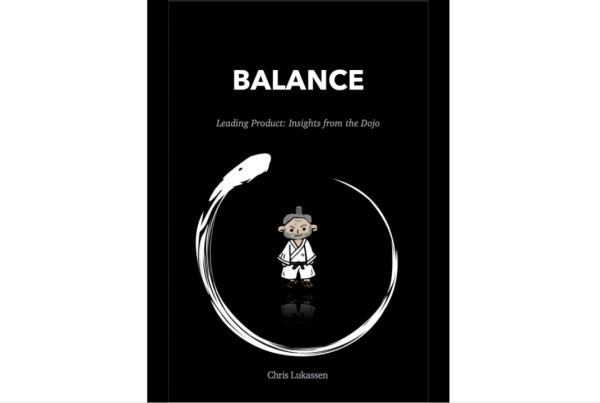A university-based judo club like ours offers an interesting case study on the lifecycle of organizations more generally. Interesting, because timelines are seriously compressed: We typically experience something like 90% talent turnover over a five year period, so we get to feel the impacts in a very accelerated way. When I look at a club picture from February of 2020, most of the students who were training with us that year are gone, most after graduating from university. To put things in perspective, the average voluntary turnover rate for employees in Canada is 11.9% according to a 2024 study by Mercer.
We’re not a an employer, of course, but our students are not clients either. The members arethe organization — a 100% volunteer organization that has been sustaining itself for roughly six decades, through generation after generation of students and instructors. It’s scary to imagine what would happen if our talent intake cycle got disrupted in any significant way. In fact, this happened during the pandemic when we were shut down for two full years, and it took a lot of effort to bring things back to the way they had been. For us as for any organization, talent intake is always a top concern.
In a few weeks, like every September, our club will be welcoming a cohort of 30 to 35 beginners, mostly students at the university where we are based. Not all clubs run classes for beginners like we do. In fact, it’s rather unusual as far as I know. At most clubs, beginners simply join regular classes at any time throughout the year and, from the get go, start learning and training alongside all other members of various levels of experience.
But while most clubs don’t run dedicated beginners’ classes, all clubs need a constant intake of new students.
For all our new beginners, it will be an introduction to a martial art they have never practiced. For a few of them, it will be the beginning of a long apprenticeship towards their black belt and beyond. In a university setting where turnover is inherently high, it takes many, many beginners to produce a single black belt. I estimate about 7 new black belts per decade at our club out of 700 new white belts, or 1%.
If we didn’t have a regular intake of beginners twice a year, the club would quickly wither. Instead of fifty members or so, we would soon find ourselves down to ten or twelve people. It would become very difficult for more experienced students to develop into future teachers and leaders. And it wouldn’t be as much fun. Instead of the vibrant community that has thrived for the past sixty years, we would likely soon stagnate and disappear.
All organizations need young people. A very large organization – one with many thousands of employees – could perhaps withstand a number of years without its own beginners (interns, entry-level employees). But sooner or later (likely sooner), the absence of young people would start making itself felt.
Beginners keep us young at heart. The joy and wonder they experience at the beginning of their journeys remind all of us of our own beginnings in the art, when we still had everything to learn. It’s very grounding.
The presence of less experienced colleagues allows more experienced ones to develop their own skills by taking on mentoring roles. When you explain something to someone else, when you demonstrate it so that they can understand it, you develop your own skills and understanding. You also get to develop important virtues such as judgment, patience, and responsibility, to name only a few. The pleasure beginners get from learning is equaled only by the pleasure we get from teaching them and helping them develop.
Our less experienced colleagues force us to stay current, to stay sharp, to remain open-minded. They give us purpose, keep us engaged and make things fun. Simply put, caring about someone else’s development and investing yourself in it changes you for the better. Mentoring others is something we should all get to experience as part of our own development.
At our club, beginners are critically important to the culture and experience that everybody gets to enjoy. Without beginners, our club would feel different and be different. More experienced practitioners would lose more than they might realize. Thankfully for the future of our organization, no one will ever suggest that we should stop bringing in new students because what they do can be done by some AI application.
From the same author:



